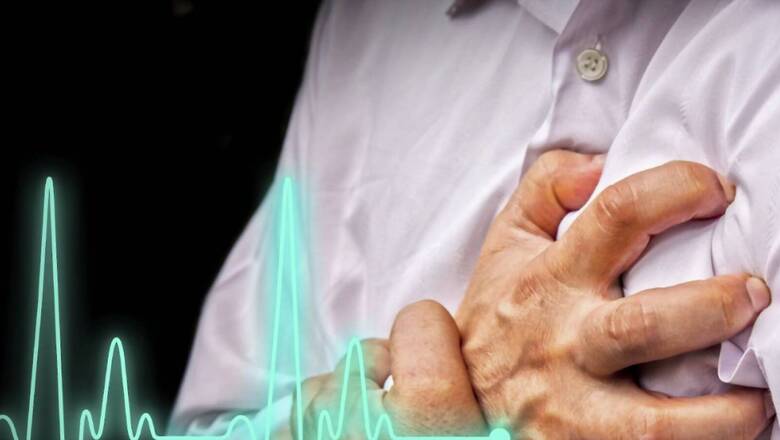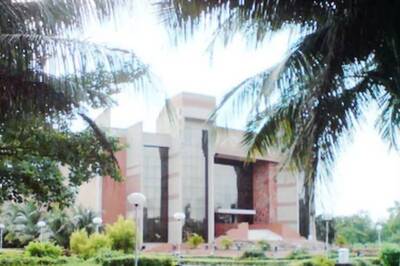
views
The world just observed the National Youth Day on January 12 to celebrate the birth anniversary of Swami Vivekananda. Aligning with Swami Vivekananda’s ideal and philosophies, importance of education in making a nation, rational thinking, religious empathy are being cultivated among today’s youths. This year the theme National Youth Day is ‘Viksit Yuva Viksit Bharat‘ – the theme clearly emphasizes the importance of building a progressive youth population that will eventually hold the baton of success for India in the future. And to do so, a youth must take care of his or her health first.
1 in 7 individuals, less than 40 years are predisposed to heart conditions. The risk of heart attacks increases by 2% each year. Most common heart conditions in the youth include unstable angina, heart failure, heart attack, arrhythmia and heart valve disease, high blood pressure and congenital heart diseases. Knowing the major risk factors in the youth for heart diseases would help in taking steps to prevent the occurrence
“The factors, in young adults are obesity, smoking, poor diet and lack of exercise, Type 2 Diabetes mellitus, hypertension and family history of cardiovascular diseases. The bad habits and lifestyle are being started at early ages in current era. The need of hour is to increase awareness of cardiac health importance among young adults in the form of awareness about primordial preventions (education among young) and primary prevention (prevent heart attack),” says Dr. Sudeep K N, DM Cardiology, Consultant Interventional Cardiologist, Apollo Hospitals, Bangalore.
In a study, the Coronary Artery Risk Development in Young Adults – CARDIA, maintaining a healthy lifestyle avoiding the risk factors were shown to be associated with lower cardiovascular disease risk in middle age and elder age. Study suggests that people in age group of 20 to 39 years without hereditary risk factors have their cardiovascular health assessed every 4-6 years and for those with hereditary and genetic risk for CVD cardiac check-ups should be personalised by consulting a cardiologist. In 2010, the American heart association, defined ideal, cardiovascular health as the presence of three physiological factors that is optimal level of total cholesterol, blood pressure and fasting glucose level and healthy behaviours, namely non-smoking, normal body mass index (BMI), adequate physical activity and healthy diet.
“In younger individuals the signs and symptoms may not be the same as in older individuals, however consult your cardiologist if there is severe chest pain, difficulty in doing physical activities, breathlessness and palpitations,” adds Dr. Sudeep K N.
Heart disease is preventable if not reversible. There are tests to periodically monitor cardiac health like ECG, Echocardiography treadmill test, lipid profile levels to be undertaken on advice from a cardiologist. “Recommended exercise for adults are 150 minutes per week of moderate intensity aerobic activity or 75 minutes per week of vigourous aerobic activity or a combination of both preferable throughout the week. Added to moderate to high intensity muscle strengthening activity on at least two days per week,” believes Dr. Sudeep K N. People can gain more benefits by being active at least 300 minutes (five hours per week). Exercise has to be graded in manner and intensity to be increased gradually.
Avoid exercise during any ailments like chest pain and breathing difficulty and dehydration. Taking unauthorised and non-FDA approved supplements are not recommended.
With a step daily toward healthy lifestyle and early treatment on noticing symptoms may help reduce the risk of cardiovascular diseases among youth. A recent survey conducted by the British Heart Foundation’s Heart Matters Magazine found that 68 percent of people with heart disease said their condition has taken a toll on mental well-being as well. Hence, it is important to keep heart healthy to avoid medical emergencies and mental trauma
Read all the Latest Lifestyle News here

















Comments
0 comment